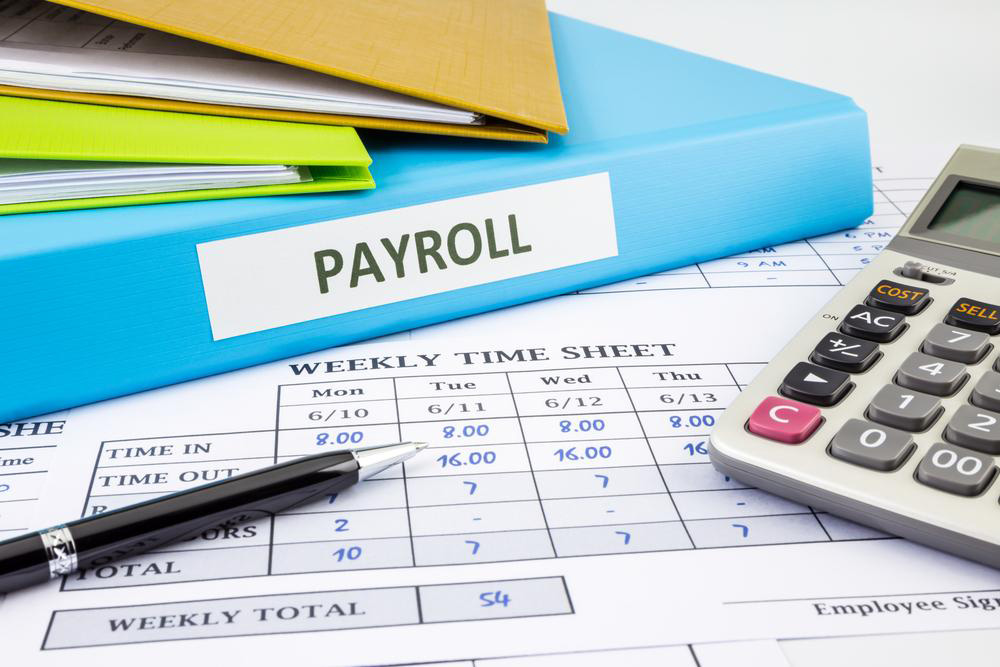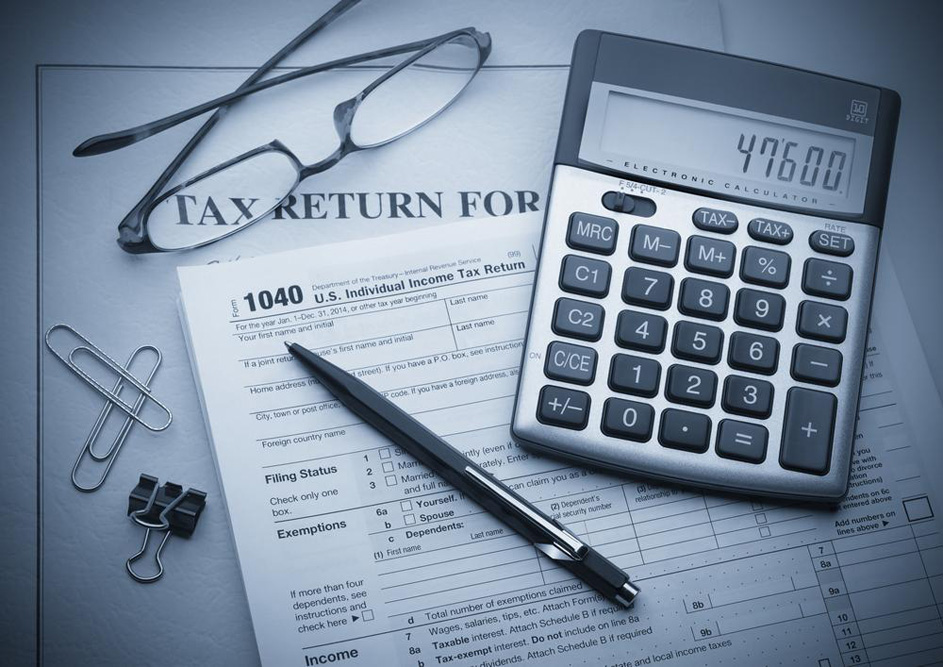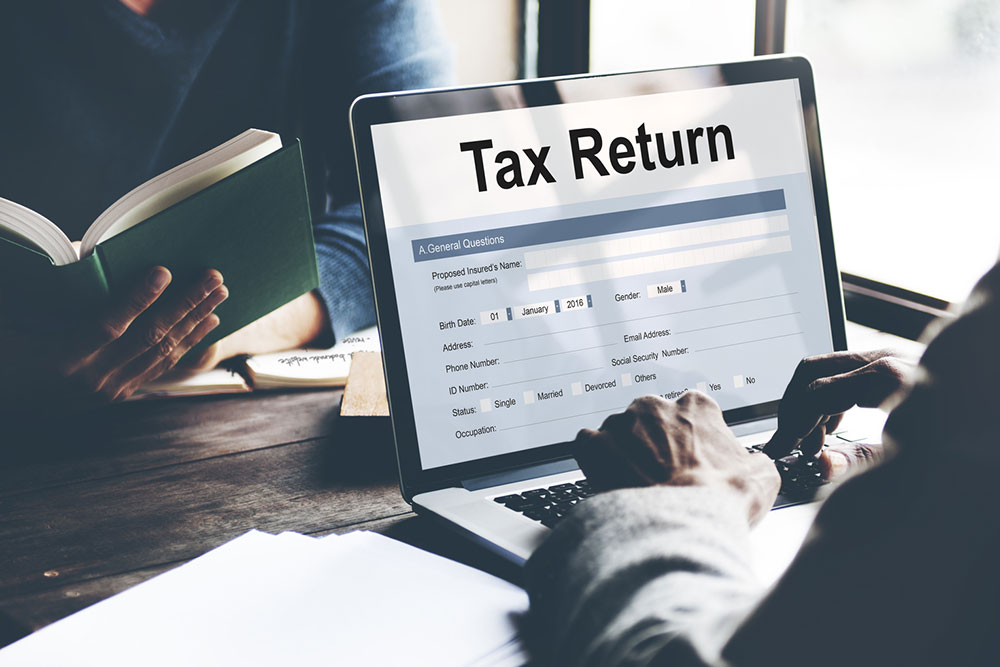Understanding the Key Elements of Your Payroll Check
This article explains the essential components of a payroll check, including pay stubs, deductions, and pay schedules. It emphasizes the importance of verifying net income, understanding deductions like taxes and insurance, and highlights electronic pay options. Accurate payroll management ensures timely payments and compliance with regulations, safeguarding both employers and employees. Understanding these elements helps employees better interpret their earnings and stay informed about their compensation details.

Understanding the Key Elements of Your Payroll Check
A payroll check is a physical document issued by an employer to pay an employee for work performed. It details the various components of the employee's compensation package. The check reflects the net pay after all deductions have been made.
Payroll Check vs. Pay Stub
A pay stub accompanies the check and itemizes deductions such as taxes, insurance, and other withholdings from the gross earnings. Most employers transfer the net amount directly to the employee and provide the pay stub for record-keeping.
Details on a Pay Stub
The stub displays the company's name at the top and provides a thorough breakdown of gross income, deductions for federal, state, and local taxes, and other contributions. Checks are usually thicker and may feature a watermark of the company when held against light, along with the company's logo, address, bank details, and logo.
Monitoring Net Income
It’s essential to verify the amount received after deductions, known as net pay. External factors like investments or loan repayments can influence withholding amounts. Mandatory deductions typically include Social Security (6.2%) and healthcare contributions.
What Your Paycheck Looks Like
Paychecks are issued according to the employer's pay schedule—weekly, biweekly, or monthly—and include employer details, bank information, and sometimes the employer’s signature. If the employee lacks a bank account, funds are deposited into a payroll account owned by the employer. Employees often receive a payroll debit card for accessing their funds.
Additional Information
Timely receipt of paychecks is crucial to avoid penalties from the IRS. Many companies now utilize electronic paychecks and stubs sent via email, protected by passwords for security. Paychecks are valid for a specific timeframe and must be cashed before expiration.










